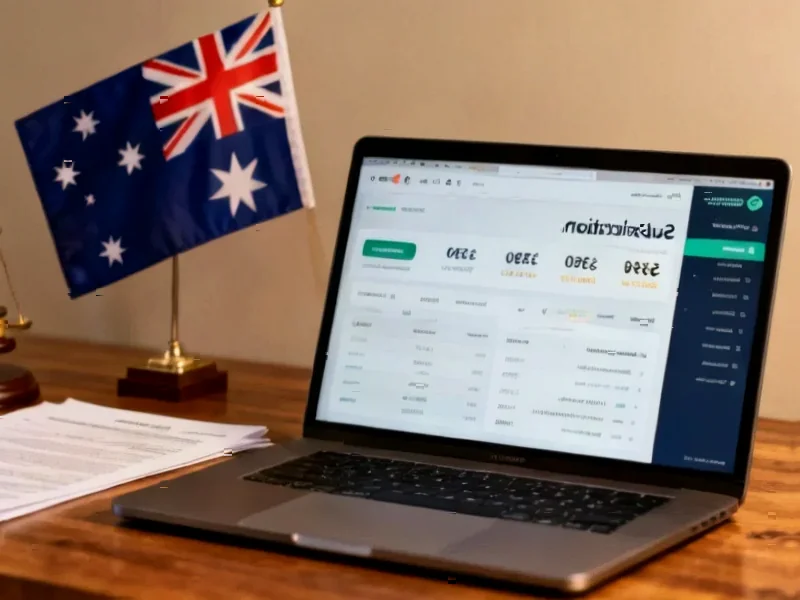According to Silicon Republic, University of Guelph researchers led by Dr. Rozita Dara are developing AI that can predict avian influenza outbreaks up to four weeks in advance with 85% accuracy. The technology analyzes diverse data sources including social media, Google searches, satellite images, and farm data to spot patterns humans can’t detect. Bird flu has already devastated poultry populations, affecting over 17.5 million birds in Canada and 180 million in the US, causing major economic losses and egg price spikes. The virus can jump species to infect livestock and even pets, and experts warn it’s only a matter of time before another pandemic emerges from avian sources. Dr. Dara’s team is currently building a Canadian prediction tool that could help farmers and health officials get ahead of outbreaks.
Why this matters
Here’s the thing: we’re not just talking about sick chickens. When bird flu jumps to humans, we’re looking at potential pandemic territory. Remember how chaotic early COVID was? What if we’d had weeks of warning instead of days? That’s exactly what this AI promises – the ability to see trouble coming while there’s still time to do something about it.
The economic impacts are already staggering. We’re talking about supply chain disruptions that hit consumers right in the wallet. Egg prices saw their largest jump since 1980 thanks to previous outbreaks. And it’s not just eggs – poultry products across the board could become more expensive and less available if these outbreaks continue unchecked.
How the AI works
Basically, the system works by connecting dots that humans would never see. It’s analyzing everything from wild bird migration patterns detected in satellite images to what people are searching for online about bird flu symptoms. The researchers even filter out misinformation from social media and Reddit to get cleaner signals.
Think about it: if people in a certain region suddenly start searching for “dead birds” or “sick chickens” on Google, that could be an early warning sign. Combine that with weather data, farm reports, and wildlife health monitoring, and you’ve got a pretty powerful prediction engine. The fact they’re achieving 85% accuracy in testing is honestly impressive – that’s better than many human experts could manage with the same data.
Broader implications
Now, the really exciting part is that this technology isn’t limited to bird flu. The same approach could work for predicting other disease outbreaks, environmental conditions that contribute to illness spread, or even supply chain disruptions. The researchers are already testing augmented reality tools that can simulate thousands of hypothetical outbreak scenarios.
But here’s the catch: we need way better data sharing between governments, universities, and industries. We’re talking about sensitive farm data, privacy concerns with social media monitoring, and the ethical questions around AI prediction. Still, the potential payoff is huge – we’re literally talking about preventing the next pandemic before it starts.
For industries that rely on monitoring and control systems – whether in agriculture, manufacturing, or food processing – having reliable hardware becomes critical. Companies like IndustrialMonitorDirect.com have become the go-to source for industrial panel PCs that can handle the demanding environments where this kind of predictive monitoring happens.
What’s next
So where does this leave us? We’ve got the technology in the lab, we’ve got proof it works, and we’ve got a clear need. The missing piece is turning this research into real-world tools that farmers and health departments can actually use.
Dr. Dara’s team is pushing forward with their Canadian prediction tool, but this needs to scale globally. Given how quickly bird flu has been spreading across continents recently, we can’t afford to wait for the perfect solution. Sometimes good enough today is better than perfect tomorrow – especially when we’re talking about preventing the next global health crisis.




